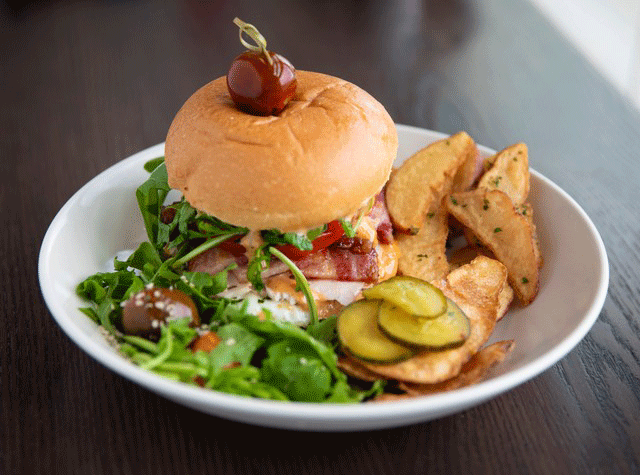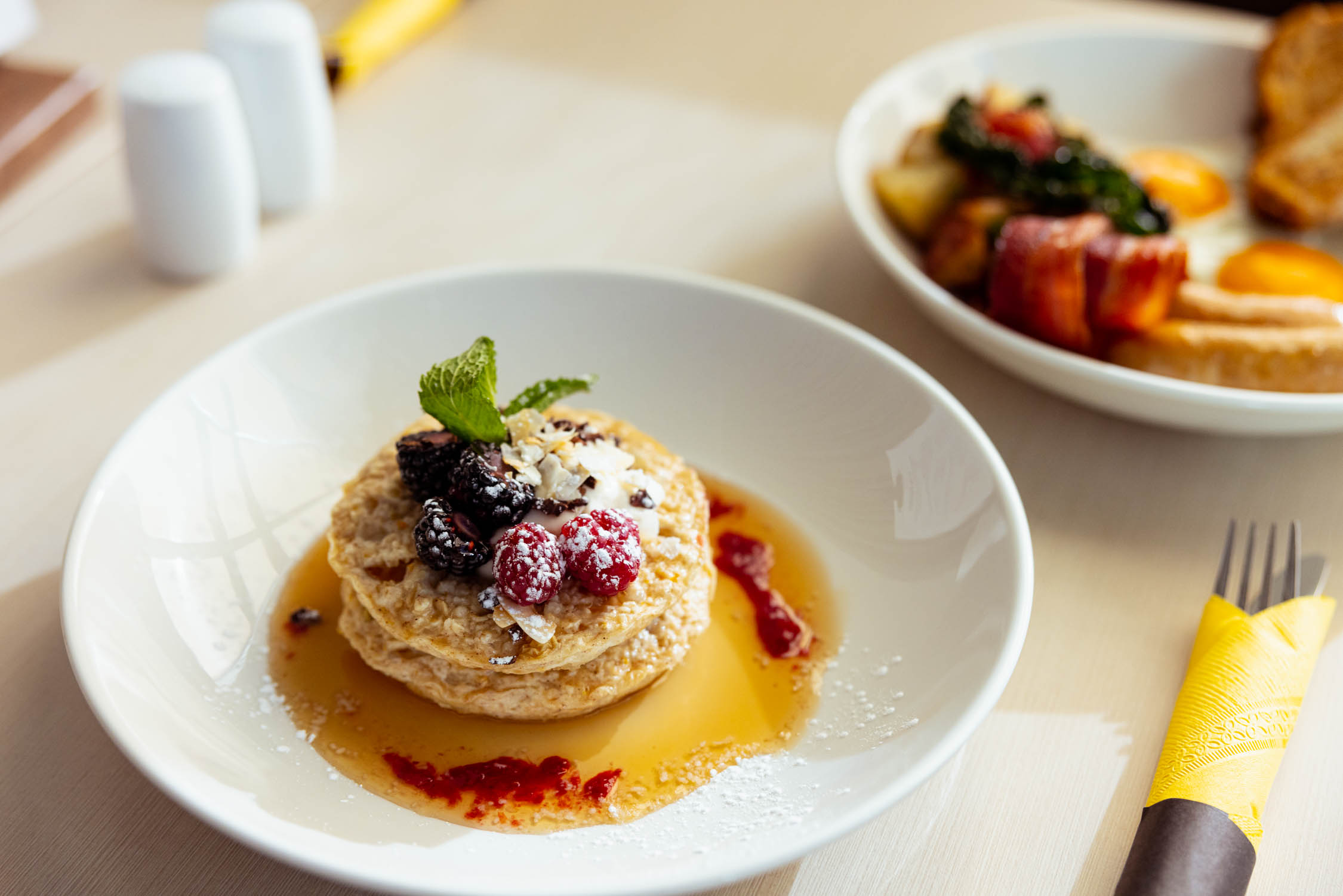
The Art of Pickling: A Guide to Preserving Pickles
What if I told you pickles could make you more beautiful? Cleopatra claimed pickles were the secret to her beauty. A tradition that started over 4,000 years ago – pickling. Pickling is a food preservation method that extends the shelf life of a particular produce by either anaerobic fermentation in brine, or immersion in vinegar.
You may be wondering why we are talking about pickling. That’s because Egg & Spoon makes their pickles IN HOUSE. That’s right, every delicious pickle you pop in your mouth are as locally sourced as you can get at Egg & Spoon.
After a lot of research on pickling, we discovered that although similar processes pickling and fermenting are different! Not all pickles are fermented, and not all fermented foods are considered pickled. An easy way to remember the difference between the two is that pickling involves putting produce into an acidic brine to produce a sour flavour, whereas fermenting gives food a sour flavour without any added acid.
There are a few methods you could take if you didn’t want to take the fermented route. One being called ‘Quick Pickles’ or “Quickles”. It’s the perfect method for first timers as it’s quick and easy to have delicious pickles in just days. You start by packing your fresh produce like cucumbers, carrots, or onions. Add any spices into a jar and pour boiled water, vinegar, and salt into the jars until the produce is completely submerged. You then seal the jars with the water bath canning method. (Basically, submerging your jars in boiling water so bacteria will not grow on the food.) Boom! You have fresh yummy pickles to eat in days and can be kept stored for a couple years.
Although this method is quick and painless there are a few downfalls. Pickling using this method isn’t as healthy as fermentation because it doesn’t preserve the nutrients of the original ingredients. When the canned jars take the water bath is kills all good and bad bacteria, so they have can have a long-term shelf life. Fermentation takes a completely different process using chemical reactions.
Unlike pickling, you cannot store your fermented produce on a shelf. It must be kept in a refrigerator for long-term storage. Remember when we talked about a water, vinegar, and salt brine in the pickling method? Fermentation uses a water and salt brine that does not need to be boiled. It is prepared at room temperature then poured over the produce into the jar also at room temperature. The saltwater brine then encourages the probiotics to grow- killing the bad bacteria and keeping the good bacteria. You then leave the jars on a counter at room temperature heat for 3 – 10 days. You will know the fermentation process is complete when you see one of three things: tiny bubbles from carbon dioxide, a cloudiness in the brine, or the colour of the vegetable starts to fade. You’re then good to keep it in the fridge for a long-term shelf life up to a year.
Earlier we mentioned that fermentation has more health benefits than pickling and this is why. The fermentation process does not have the water bath step, which usually strips the produce of their bacteria thus giving it a long shelf live. Fermentation is done at room temperature allowing the brine to keep the good bacteria (probiotics) and killing the bad bacteria. Which is why you must keep your fermented produce in the fridge long term. Both methods are safe, if done correctly.
Even easier – refrigerator pickles which requires no canning and the method we use here at Egg & Spoon. Begin by making the brine by combining vinegar, salt, and sugar in a small saucepan. Heat and stir until the salt and sugar are completely dissolved. Whisk the cold water, then chill. At Egg & Spoon we use a refrigerator pickling method to get those flavourful pickles onto your plate.
Once every week or two Chef Bill prepares the water, vinegar, and salt brine along with our secret Egg & Spoon spices. The pickles than sit for a week or two absorbing all those yummy spices and flavors. In fact, did you know a human consumes 9 lbs. of pickles a year? To keep up with that demand Egg & Spoon we make 15lbs of refrigerated pickles weekly. That’s a lot of people coming in eating Egg & Spoons in house pickles!




